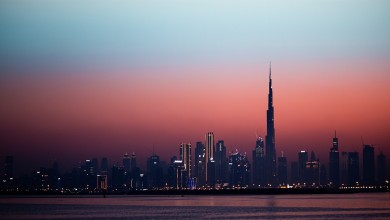
A city known for its lavish lifestyle, high-end luxury shopping sprees, and costly living expenses. Yes, you guessed it right. We are talking about Dubai! Undoubtedly, this beautiful city holds the reputation of being one of the most expensive cities in the world. But why? What are the factors that contribute to the city’s costly lifestyle?
This article will explore some primary reasons for making Dubai an expensive city. By the end, you will learn what living in Dubai really means price-wise and what makes it unique compared to other cities around the globe.
Related Read: Staying In Dubai For A Week? Here Is A Complete Plan For Maximum Recreation
Why Is Dubai So Expensive?
For a quick answer:
Dubai’s high cost relates to its status as the global hub for business and tourism, making the country (UAE) among the world’s wealthiest nations. The city has luxury real estate, iconic skyscrapers, and world-class amenities. Moreover, its tax-free incentive, limited natural resources, and focus on infrastructure also contribute to its elevated expenses.
Here are a few primary reasons why Dubai is so expensive:
1: Real-Estate
Dubai’s real estate market is among the most expensive in the world, where property prices are significantly higher compared to the global average. This is because of the elevated living costs and a high housing demand throughout the country.
Dubai has become a famous city where thousands visit to seek jobs, start businesses, or enjoy their vacations as tourists. As a result, this has increased the housing demand in the city compared to other parts of the world.
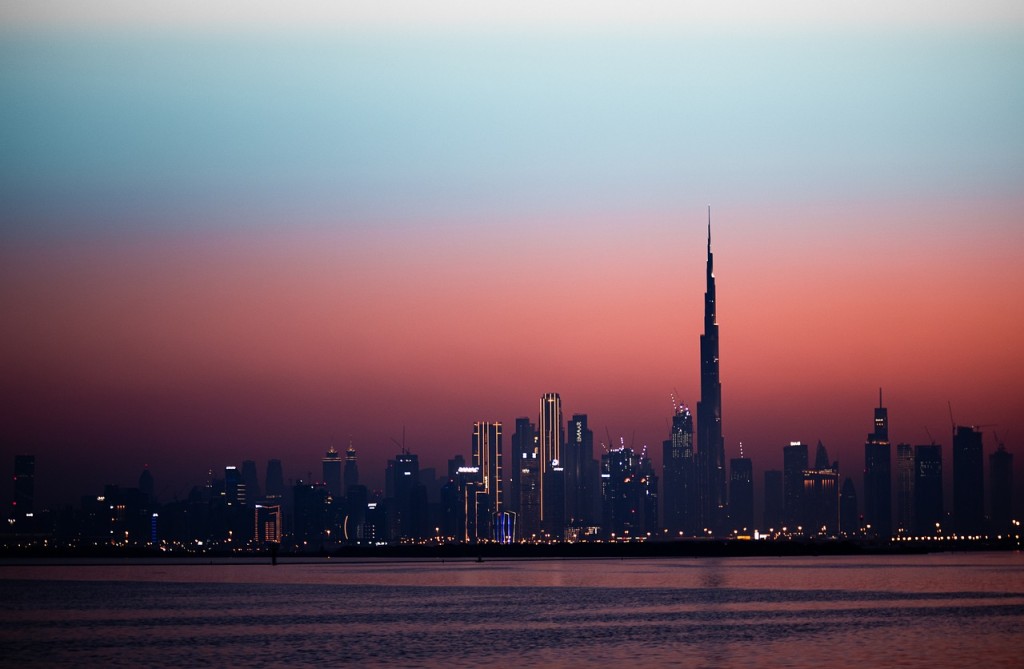
Moreover, the UAE government has implemented several policies to attract property investors worldwide, thus increasing real estate prices.
Foreign nationals can now purchase properties in Dubai, due to which the real estate market has experienced significant growth, with massive construction projects starting in the city. These projects include luxury residential properties, high-end hotels, commercial spaces, tourist spits, etc, contributing to the city’s high real estate costs.
Related Read: On A Budget? 5 Affordable Areas to Live in Dubai
2: Cost Of Everyday Goods And Services
Apart from real estate, the cost of goods and services also significantly contributes to Dubai’s high cost of living. The price of everyday edibles and other goods is comparatively higher than in other cities in the world due to the lack of domestic production, reliance on imports, and, most importantly, much higher demand due to the increasing population.
For example, grocery shopping in Dubai can be pricy since most goods are imported from different parts of the world. Not only edibles but other goods like clothing, transportation, electronics, etc., are also pretty expensive.

This is because Dubai, a famous tourist city, has a higher demand for tourist-related goods and services, thus leading to elevated prices overall.
Additionally, Dubai’s limited domestic production capability means most goods are sourced internationally. The associated transport and logistics costs further push prices upwards.
As a result, suppliers and retailers can also hike their prices, knowing that demand often exceeds available supply.
3: Travel And Tourism
It is impossible to skip tourism and travel when talking about Dubai. It is one of the most popular travel destinations where people from all over the world visit the city to spend quality time and experience its luxuries and lavish lifestyle.
Tourism plays a major role in Dubai’s economy, contributing to its expensive living costs. This elevated tourism, bringing thousands of people to the city for travel, automatically increases the demand for goods, including food, transportation, accommodation, and shopping! As a result, the living expenses become higher than in other cities.
Furthermore, Dubai’s luxury tourism infrastructure and services elevate the overall cost of living. The city is home to some of the world’s most lavish, seven-star hotels, where nightly rates can aviate into the thousands of Dirhams.
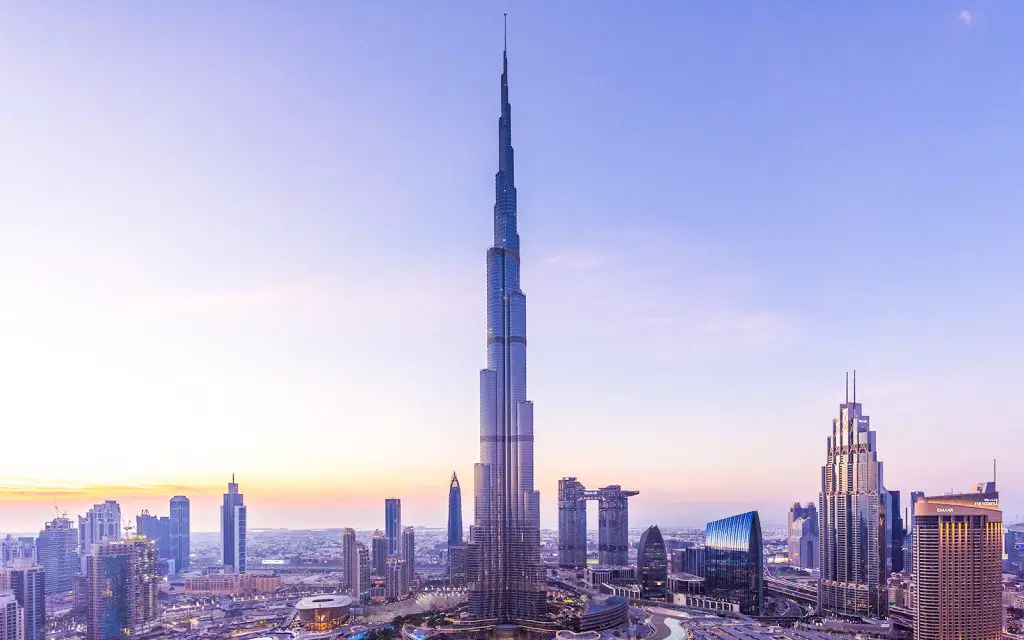
Dining in upscale restaurants and indulging in premium leisure activities also come with a hefty price tag, contributing to Dubai’s high living costs.
Dubai presents a plethora of tourist experiences, tending to be on the pricier side. For instance, while the Burj Khalifa provides breathtaking city views, access to its observation deck comes with a significant fee, often starting at $35.
Likewise, one of the world’s largest shopping malls, Dubai Mall, displays hundreds of luxury stores and boutiques, where the price tags often are on the higher side!
4: Labor
In Dubai, the expense of living is connected with its diverse workforce. Many ex-pats in high-earning roles manage costs from visas to schooling accommodations and even household help.
On the other hand, a significant number of workers from South Asia have moved to Dubai, hoping for a brighter future. However, upon their arrival, many people face challenges like passport confiscation. These individuals construct buildings and serve in the hospitality industry, which is vital to Dubai’s growth, thus elevating the living costs.

While this labor force contributes to keeping labor costs down, they live in challenging conditions unseen by the wealthier residents. Moreover, locals typically handle their visas, health care, and wages when they employ live-in staff.
5: Ex-pats Traveling Elsewhere
From a tourist perspective, many budget-friendly options are available for those visiting Dubai. But, if you are living here as an ex-pat, the case is entirely different. Beyond the already high living cost you are paying, leaving this desert to meet your loved ones in your country is not cheap either.
Flying off your homeland or other glamorous spots typically means boarding a plane or embarking on an extended yacht journey to neighboring UAE cities or countries like Oman, Qatar, Bahrain, Saudi Arabia, etc.
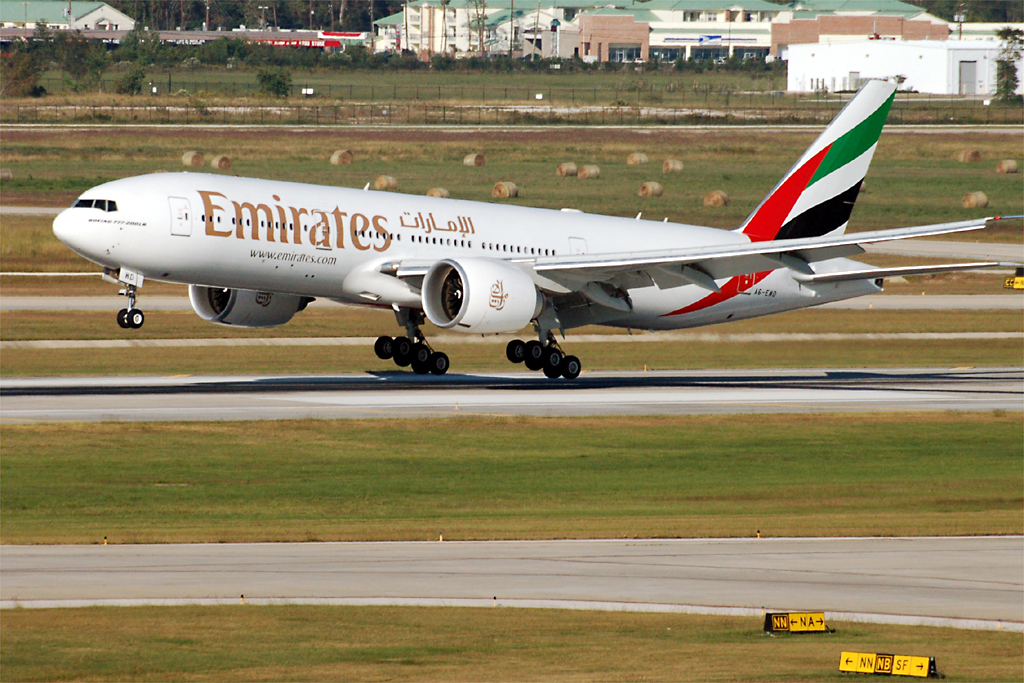
Moreover, those looking to flee the merciless Dubai summer might need help finding flights due to high demand and expensive tickets. Indeed, the extravagance of Dubai extends beyond its borders.
Related Read: Emirates, Qatar Airways, and Etihad Airways: The Ultimate Comparison
6: Utilities
Due to the Dubai Electricity and Water Authority’s voltage, air conditioning units will draw much power, especially in the summer, increasing the monthly energy bills. Plus, initial connection fees can also be high.
Utility services can cost upwards of $270 (around 1,000 AED) monthly. However, many residents find their bills surpassing this amount during the sweltering summer months. Additional charges, like taxes for internet and city services, also add to monthly expenses.
Living in a tech-heavy environment can be challenging if your computer components require consistent electricity and internet connectivity.
7: Tuition Fees And Health Costs
Dubai’s status as a global hub for business and travel with high-end living standards is reflected in its tuition fees and medical expenses. Education in Dubai offers a wide range of international curricula, attracting people from all over the world.

While public and government schools are typically free of cost for Emirati nationals, the ex-pats must pay a higher price to make their kids study in private schools. Tuition fees vary widely but are often on the higher end, especially in well-reputed institutions.
Similarly, healthcare in Dubai is of a high standard, with state-of-the-art medical facilities and expert practitioners who come to Dubai for a better future. While public healthcare is funded for nationals, ex-pats typically rely on private healthcare at a premium price tag.
Health insurance is mandatory in Dubai, and the premiums can be costly, especially for complete coverage. Both these factors – educational and healthcare costs – significantly contribute to Dubai’s overall high cost of living.
8: Oil Wealth
Dubai’s substantial oil reserves, discovered in the 1960s, have played a key role in shaping its economy today. The income from oil exports has funded massive investments in infrastructure, tourism, and real estate, transforming Dubai into a global metropolis that attracts tourists worldwide.

High salaries in the oil sector have pushed up wages across the city, provoking increased demand for goods and services and elevating overall living prices. This ripple effect from the oil sector has also uplifted wages in other industries, further pushing up living costs.
Moreover, the funds from oil exports have empowered Dubai to strengthen its tourism sector, boosting the demand for luxury offerings. This wealthy lifestyle and the city’s inclination towards high-end experiences originate from the financial aid its oil reserves provide.
9: Fines And Penalties
Dubai, like other cities of the United Arab Emirates, has strict laws and regulations that can lead to hefty fines or even imprisonment when breached. The legal framework is deeply rooted in Islamic traditions and customs, making some of its conditions different from Western standards.
For instance, public displays of affection are frowned upon and can result in hefty fines or detention. Alcohol consumption is regulated all over the city, and drunken behaviors or driving under the influence can result in severe penalties. Similarly, breaking traffic rules can also lead to a hefty fine.
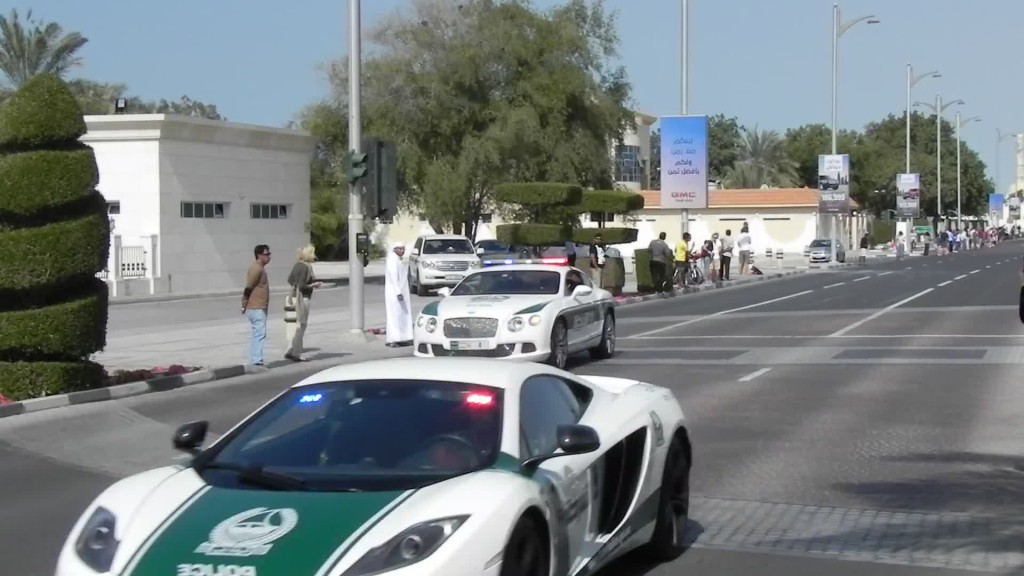
Drug-related offenses are treated with utmost seriousness, often leading to lengthy jail terms. Online behavior is also monitored; defamatory comments or sharing inappropriate content can lead to fines or imprisonment.
Additionally, bouncing checks, non-payment of debts, or disputes related to business can have serious legal implications. Hence, tourists and residents must familiarize themselves with local laws to avoid accidental and unintentional violations, as ignorance of the law is not typically accepted as an excuse.
10: Commuting Costs
Dubai’s rapid urbanization and inrush of residents have led to increased traffic congestion, introducing “Salik” – a toll system in the city. Salik gates, strategically placed around the city, automatically deduct fees from pre-registered vehicle tags, adding to daily commuting costs.
Additionally, the demand for private vehicles, given Dubai’s expansive layout and the prestige associated with car ownership, has elevated transportation expenses.

While public transportation like the metro offers a cheaper alternative, many residents and tourists prefer the convenience of personal cars, leading to higher fuel and maintenance costs. Hence, these transportation-related expenses significantly contribute to Dubai’s overall high cost of living.
Final Thoughts
Dubai’s elevated living costs can be attributed to its thriving economy, luxurious lifestyle, and the surge of immigrants. These living expenses, including housing, transport, and food, are notably higher than in many global cities.
Yet, Dubai’s appeal lies in its unparalleled luxuries, multicultural community, and dynamic social life. The city’s tax-free rule further draws international investors and corporations.
Projected growth in sectors like tourism, property, and finance suggests that living costs may climb even higher. However, to counteract this, the Dubai government is proactively working to enhance affordability, like rent control and a freeze on school fees, to ease the financial burden for its residents.

